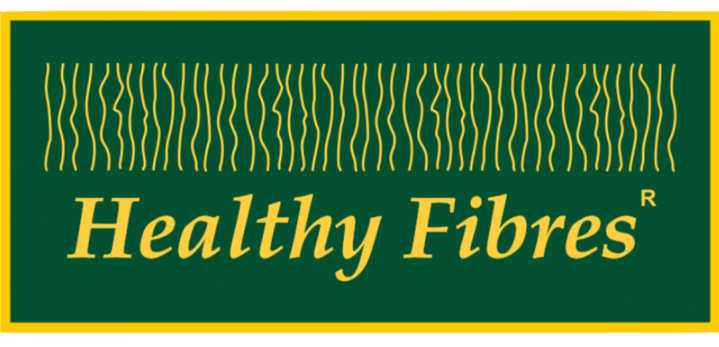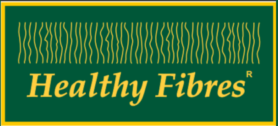Myths About Healthy Eating
It can be confusing to make your way through a confusing web of contradicting information when it comes to healthy eating. We come across a plethora of food myths in our quest for health, which can mislead us and impede our ability to make wise dietary decisions. These myths impede the pursuit of optimal health by creating confusion, demonising specific food groups, and advocating for quick fixes. By dispelling widespread myths about healthy eating, we hope to provide you with the accurate information you need to make wise dietary choices. Together, we can dispel the misconceptions and take a trip towards a nutritious, well-balanced diet.
Myth : You can’t get enough protein from plant-based foods
Yes Its a myth. It is possible to obtain adequate high-quality protein from plants, and our diets can contain a wide variety of these foods. Throughout the day, it’s important to mix and change up your sources. To add some variation to your vegetarian meals, try using meat alternatives in addition to pulses and whole grains. Leafy greens, bell peppers, cucumbers, sweet potatoes, squash, broccoli, carrots, Brussel sprouts, cauliflower, and so on More is always better! Whole grains: A good source of fibre and protein are many whole grains.
Conveniently, 10% of total calories from a varied whole-food, plant-based diet will naturally come from protein, and no extra work is required. As long as you are eating whole foods, 50 grammes per day is a good average to aim for. There is no specific way to reach this goal, though.

Myth: Extra refined oils are good for the heart.
Because refined oils are marketed and appear as “purified” or “extra refined” products, there is a myth that they are healthy. But many of the natural nutrients and antioxidants found in the original oil are removed during the refining process, leaving behind a product that is essentially pure fat.
Harsh chemicals and high heat are commonly used in the refining process, which can result in the creation of dangerous substances called trans fats and oxidised fats. Trans fats are well known for increasing the risk of heart disease by raising LDL cholesterol levels, or the “bad” cholesterol, and lowering HDL cholesterol, or the “good” cholesterol. Conversely, oxidised fats have the potential to harm cells and play a role in the development of atherosclerosis, or the accumulation of plaque in the arteries.
https://healthyfibres.com/product-category/cold-pressed-oil/
In conclusion, it is essential to debunk the myth that refined oils are healthful. Because they are frequently used in unhealthy processed foods, they can cause inflammation, the production of bad fats, and heart disease when consumed. For heart health, it is preferable to use unrefined, naturally processed oils such as avocado, coconut, or olive oil results in healthy eating.

Myth : Carbohydrates are Evil because they Cause Weight Gain
Indeed, it is a myth. Given that they don’t always result in weight gain, carbohydrates are not intrinsically harmful. Their effect on weight is contingent upon a number of variables, such as the kind of carbohydrates ingested, portion sizes, and personal metabolism. When ingested in moderation, complex carbohydrates—found in whole grains, fruits, vegetables, and legumes—provide vital nutrients, fibre, and sustained energy, which frequently supports weight management. On the other hand, refined carbohydrates, such as white bread and sugary snacks, are devoid of fibre and vital nutrients, which can cause rapid blood sugar spikes and weight gain if ingested in excess. Therefore, the impact of carbohydrates on weight depends on the type and amount consumed.

Myth : All fats are bad for me
The misconception that “all fats are bad for me” is widespread and ignores the important part fats play in a diet that is well-balanced. All fats are not created equal, despite the fact that some fats, like trans fats found in processed foods, can be harmful to health. Healthy fats, like those in nuts, seeds, avocados, and fatty fish, are actually essential for preserving good health. Essential fatty acids found in these fats support hormone production, brain function, and the absorption of fat-soluble vitamins. When ingested in moderation, they can also help lower bad cholesterol levels and lower the risk of heart disease. Demonising all fats therefore ignores how crucial it is to include healthy fats in a diet that is well-rounded for well being.
Ghee’s fat, which is mostly made up of medium-chain triglycerides and saturated fats, has a number of health advantages. It supplies energy, promotes brain function, and facilitates the absorption of nutrients. Ghee also contains conjugated linoleic acid (CLA), which, when taken in moderation, has been connected to better heart health and weight management.

https://www.facebook.com/watch/?v=667620828183673

